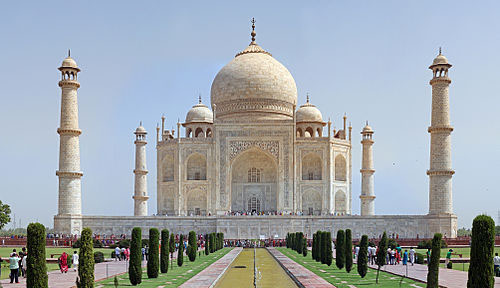
INCREDIBLE INDIA !!!!
Post By : Dazzling Kathuzz
Post Rank : 1660th
Category : Travel and Leisure
Sub Category : Destinations
25 Jan 2014
India offers a different aspect of her personality – exotic, extravagant to each traveller to the country. India's rich history and its cultural and geographical diversity make its international tourism appeal large and diverse. It presents heritage and cultural tourism along with medical, business, educational and sports tourism.
Adventure tourism
Manali, Himachal Pradesh
Due to its diverse geography and a myriad of cultures, coupled with the popularity of adventure sports adventure tourism in India has become quite popular. Backpacking, or light travel, is a popular way to explore India. Many of those who have previously visit will describe the visit as not having been a holiday but an adventure.
-
River rafting and kayaking in Himalayas
-
Mountain climbing in Himalayas.
-
Rock climbing in Madhya Pradesh
-
Skiing in Auli and Gulmarg.
-
Boat racing in Bhopal
-
Paragliding in Maharashtra
CULTURE
The culture of India refers to the way of life of the people of India. India's languages, religions ,dance, music, archetecture, foood, and customs differ from place to place within the country. The Indian culture, often labelled as an amalgamation of several cultures, spans across the Indian subcontinentand includes traditions that are several centuries old.Many elements of India's diverse cultures, such as Indian religions ,yoga, and Indian cuisine, have had a profound impact across the world.
FESTIVALS
Though India is often and justly described as a land of many religions and innumerable languages, it might well be described as a land of festivals as well.As in any old civilization, most of these festivals have religious associations, as is the case with Holi, Dassara, Krishna Janmashtmi, Hanuman Jayanti, Ganesh Chaturthi, Muharram, Shivratri, and Diwali, in a country which is still predominantly rural, associated with the harvesting of the crop, as is true of Pongal-Sankranti in South India, or otherwise commemorative of the sacred ties with the land that Indian villagers have. Still others, such as Karwa chawth, the observance of which is strictly restricted to Hindu married women, are not festivals as such though there may be something of a festive air attached to these occasions. Some festivals are observed throughout the country, or in a greater part of it; others, such as the famed snake race of Kerala, have peculiarly regional associations. Yet others, most notably Diwali and Holi, have been instrumental in forging ties among older diasporic Indian communities, and in such far-flung places as Fiji, Mauritius, Trinidad, Jamaica, and Guyana, these festivals are celebrated with a pomp and vigor not always witnessed in India itself.
Comments
Similar Posts

Haunted Places In India: Are they really haunted?
Haunted places, spirits, ghosts, supernatural etc....
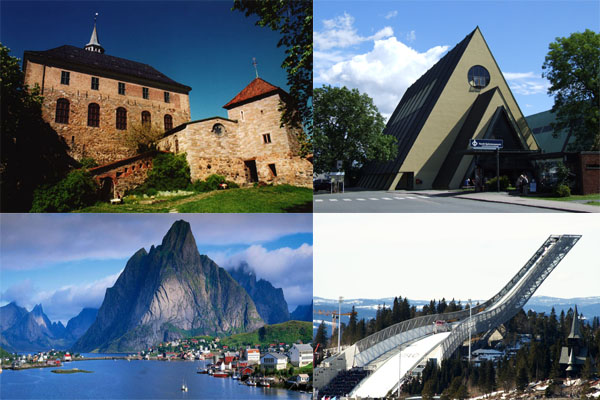
NORWAY - THE LAND OF MIDNIGHT SUN
Norway is known as the land of the midnight sun. T...
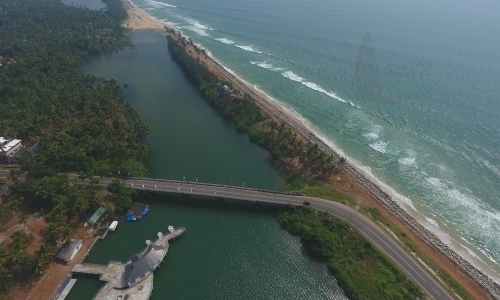
Varkala, Top Tourist Destination in Kerala
There is a Reason Why people call Kerala “Go...

Valetta
You haven't been to Valletta? If not, this ove...
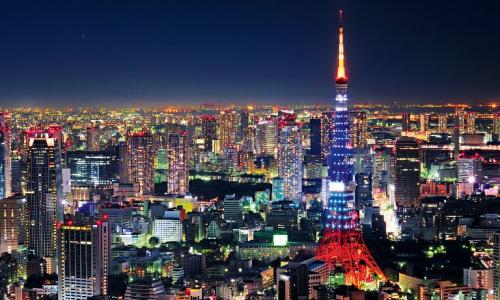
Tokyo: The Beautiful City
Tokyo is Japan's capital and therefore t...
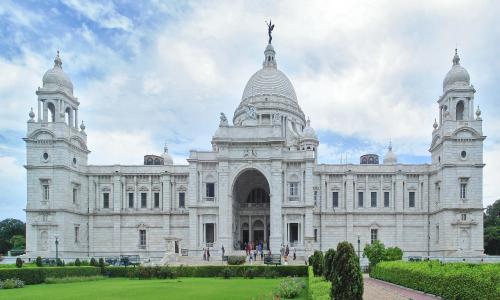
Kolkata : The Most Amazing place to Celebrate Diwali
Kolkatta is located on the east bank of the&...
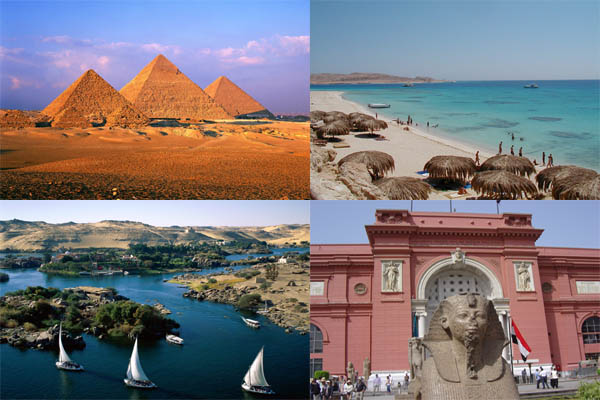
Egypt The Land Of History
Egypt is one of the most popular tourist attractio...
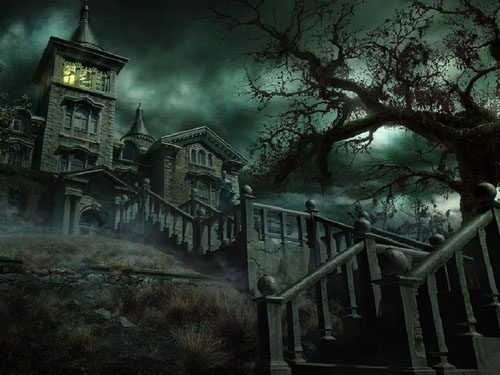
Scariest Places in Asia
Tat Tak School, Hong Kong It is Said to be one ...
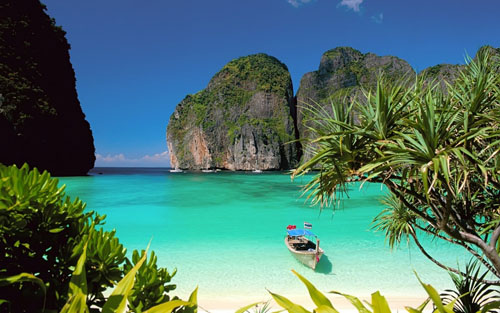
Thiland: A destination with alluring beauty
&n...
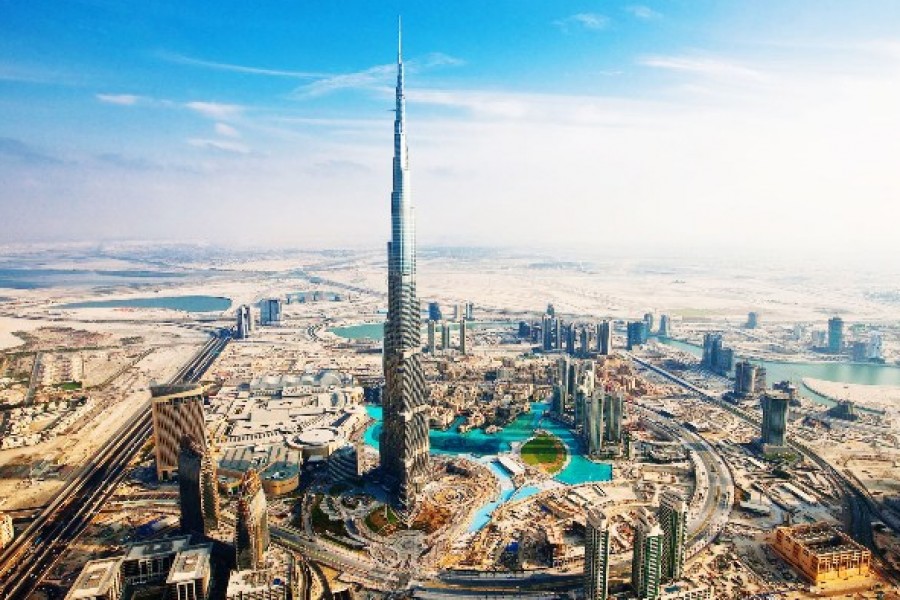
Gulf becomes one of the worlds most attractive tourist spot.
See the Gulf States recovery of major tourist attr...



